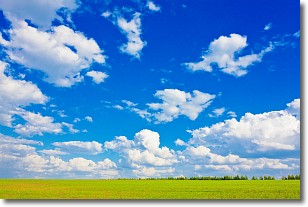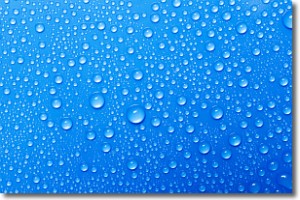Weather Alert in Iowa
Special Weather Statement issued August 22 at 3:07AM CDT by NWS Quad Cities IA IL
AREAS AFFECTED: Buchanan; Delaware; Dubuque; Benton; Linn; Jones; Jackson; Iowa; Johnson; Cedar; Clinton; Muscatine; Scott; Keokuk; Washington; Louisa; Jefferson; Henry; Des Moines; Van Buren; Lee; Jo Daviess; Stephenson; Carroll; Whiteside; Rock Island; Henry; Bureau; Putnam; Mercer; Henderson; Warren; Hancock; McDonough; Scotland; Clark
DESCRIPTION: Patchy fog, some dense at time with visibilities of 1/4 mile or less, is possible this morning. The dense fog will be transient and visbilities may bounce around. If dense fog becomes more widespread and less transient a dense fog advisory may become needed. Those out driving this morning, be prepared for rapid changes in visibility and use your low beam headlights.
INSTRUCTION: N/A
Want more detail? Get the Complete 7 Day and Night Detailed Forecast!
Current U.S. National Radar--Current
The Current National Weather Radar is shown below with a UTC Time (subtract 5 hours from UTC to get Eastern Time).

National Weather Forecast--Current
The Current National Weather Forecast and National Weather Map are shown below.

National Weather Forecast for Tomorrow
Tomorrow National Weather Forecast and Tomorrow National Weather Map are show below.

North America Water Vapor (Moisture)
This map shows recent moisture content over North America. Bright and colored areas show high moisture (ie, clouds); brown indicates very little moisture present; black indicates no moisture.

Weather Topic: What are Cumulus Clouds?
Home - Education - Cloud Types - Cumulus Clouds
 Next Topic: Drizzle
Next Topic: Drizzle
Cumulus clouds are fluffy and textured with rounded tops, and
may have flat bottoms. The border of a cumulus cloud
is clearly defined, and can have the appearance of cotton or cauliflower.
Cumulus clouds form at low altitudes (rarely above 2 km) but can grow very tall,
becoming cumulus congestus and possibly the even taller cumulonimbus clouds.
When cumulus clouds become taller, they have a greater chance of producing precipitation.
Next Topic: Drizzle
Weather Topic: What is Evaporation?
Home - Education - Precipitation - Evaporation
 Next Topic: Fog
Next Topic: Fog
Evaporation is the process which returns water from the earth
back to the atmosphere, and is another crucial process in the water cycle.
Evaporation is the transformation of liquid into gas, and it happens because
molecules are excited by the application of energy and turn into vapor.
In order for water to evaporate it has to be on the surface of a body of water.
Next Topic: Fog
Current conditions powered by WeatherAPI.com




